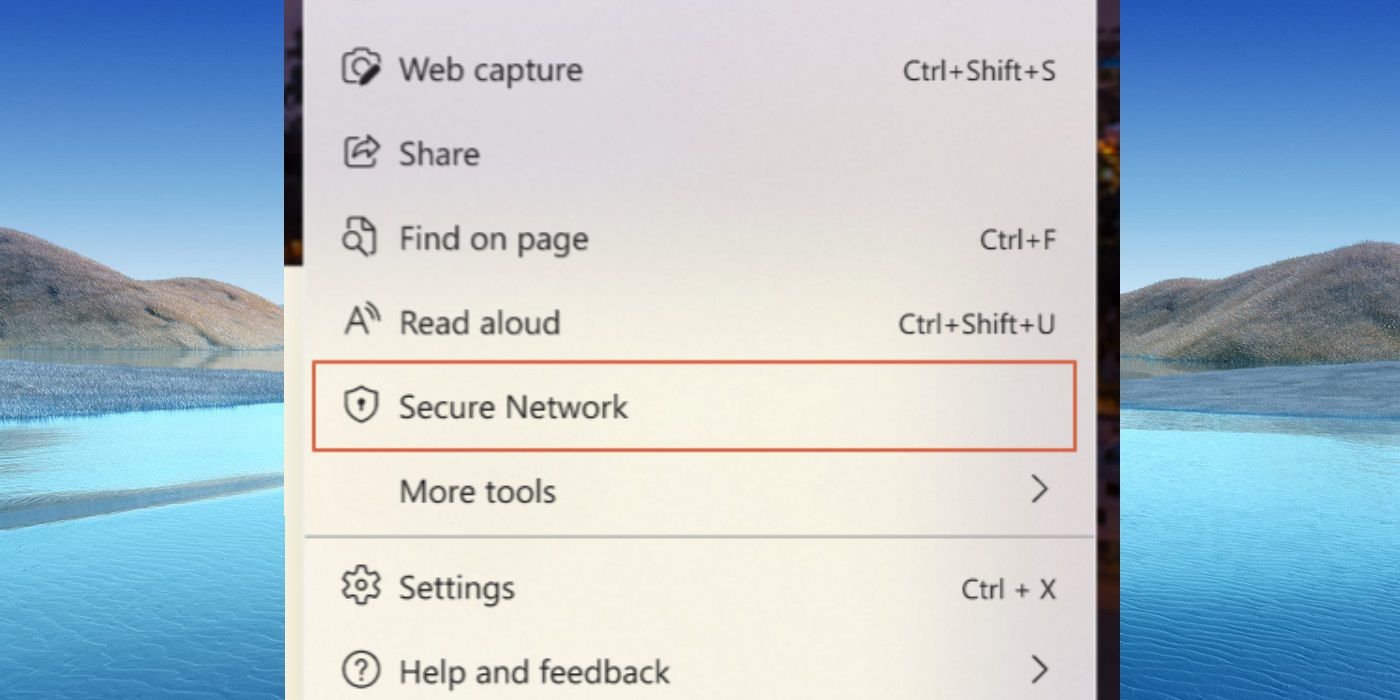Microsoft is working on adding a VPN service to its Edge browser on desktops. Originally rolled out to Windows 10 users in 2015, Microsoft Edge replaced the reviled Internet Explorer as the default web browser in Windows 11. The browser was originally based on Microsoft's EdgeHTML engine, but has since switched to Chromium - the open-source software that underpins Google Chrome and many other leading web browsers, such as Opera, Vivaldi, Brave, etc.
VPNs, or virtual private networks, are often used by people to anonymize themselves from their ISPs (internet service providers) or hide their location from apps and websites to access services that are not available in their country. VPN services are a dime-a-dozen, and while many come with a subscription fee, others are available for free. Even many of the premium VPN services offer a free tier, often with caveats like lower data buckets and other usage restrictions.
According to a Microsoft support page, the Edge browser will soon have a built-in VPN service called the Microsoft Edge Secure Network. The service is currently being split tested in the latest Edge Canary built, and is available for a handful of users. The VPN, which will be powered by Cloudflare, will be free to use, although there are a few substantial caveats that users will have to keep in mind. First off, there's only 1GB of free usage every month, so users hoping to use the service for multi-GB movie streaming or game downloads for free can forget those thoughts right away. The second issue is that users will have to sign-in to their Microsoft account to be able to use the free service. On the positive side, it will encrypt the traffic through one of the world’s largest DNS providers, helping prevent online tracking by an ISP or malicious actors.
Will Microsoft's Edge VPN Service Be Worth It?
Microsoft doesn't say whether it will eventually offer a premium tier of its VPN service with more reasonable monthly usage quotas, but that might very well be the case, given that's the business model of most VPN service providers. However, as of now, the minuscule usage quota, along with the sign-in requirement, makes this a relatively niche service.
As if that wasn't bad enough, the service lacks some basic VPN features, such as the ability to change servers. This means the Microsoft Edge VPN service cannot be used to circumvent geo-locked content on streaming services like Netflix and Hulu. The only thing it will be good at, is unlocking content locked by the ISP. Full-fledged VPN services, even most of the free ones, offer a plethora of servers in dozens of countries to choose from. Most of them also offer substantially higher usage quotas than Microsoft's 1GB per month.
Source: Microsoft


